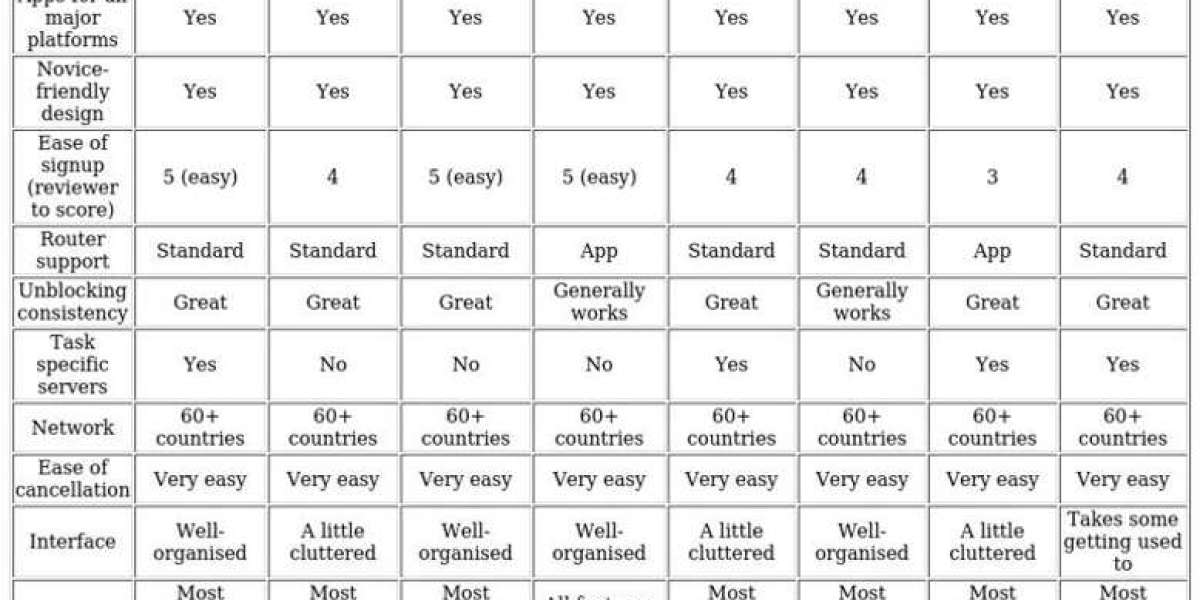Understanding Medicare Insurance Brokers: A Guide to Their Role and Benefits
Navigating the complexities of Medicare can feel overwhelming, especially for individuals approaching age 65 or those qualifying for Medicare due to a disability. With so many options—Original Medicare, Medicare Advantage, Medicare Supplement (Medigap), and Part D prescription drug plans—choosing the right coverage requires time, research, and a deep understanding of healthcare needs. This is where a Medicare insurance broker plays a crucial role.
What Is a Medicare Insurance Broker?
A Medicare insurance broker is a licensed professional who specializes in helping individuals understand, compare, and enroll in Medicare plans. Unlike captive agents who represent only one insurance company, brokers are independent and work with multiple insurance carriers. This independence allows them to provide unbiased advice tailored to the client’s individual needs, health conditions, and financial situation.
Brokers are licensed by state insurance departments and must meet continuing education requirements to stay up to date with Medicare regulations and plan offerings. They are compensated through commissions paid by insurance companies when a client enrolls in a plan, meaning their services typically come at no direct cost to the consumer.
The Services Provided by a Medicare Broker
A Medicare broker offers a range of services designed to simplify the decision-making process for Medicare beneficiaries. These services include:
Personalized Plan Comparisons
Every person’s healthcare needs are different. A broker assesses your specific situation—including doctors, medications, travel needs, and budget—to compare plans side-by-side. This ensures you choose coverage that aligns with both your healthcare requirements and financial goals.Explaining Plan Details and Coverage
Medicare plans can be filled with technical language and fine print. Brokers explain benefits, costs, provider networks, and potential out-of-pocket expenses in plain language, helping clients understand what they are signing up for.Enrollment Assistance
Enrolling in a Medicare plan involves deadlines, paperwork, and eligibility rules. A broker guides you through the enrollment process to avoid costly mistakes such as penalties for late enrollment or gaps in coverage.Ongoing Support
Healthcare needs and Medicare plans can change year to year. Many brokers offer annual reviews to ensure you remain in a plan that continues to meet your needs, especially during Medicare’s Annual Enrollment Period (AEP) when changes can be made.Advocacy and Issue Resolution
If billing issues or coverage questions arise after enrollment, a broker can act as an advocate, helping resolve problems with insurance companies or explaining your rights under Medicare.
Why Work With a Medicare Broker?
While it’s possible to shop for Medicare plans independently through Medicare.gov or directly from insurance carriers, working with a broker provides several advantages:
More Choices: Since brokers work with multiple insurance companies, they can offer a broader selection of plans than agents tied to one company.
Unbiased Guidance: Brokers are not incentivized to favor one carrier over another; their goal is to match you with the plan that best fits your situation.
Time Savings: Rather than contacting multiple companies or navigating complex websites, you have a single point of contact who does the research for you.
No Additional Cost: Brokers are paid by the insurance companies, so using their expertise doesn’t increase your premiums or costs.
Long-Term Relationship: A good broker provides ongoing support as your needs evolve, not just at the time of initial enrollment.
When to Use a Medicare Broker
A Medicare insurance broker can be especially helpful in certain situations:
You’re new to Medicare and need guidance on how Medicare works and which path to take (Original Medicare vs. Medicare Advantage).
You take multiple prescription medications and need help choosing a Part D plan that covers them at the lowest cost.
You have chronic health conditions and want to ensure your doctors and specialists are covered in a plan’s network.
You travel frequently or live in multiple states throughout the year and need coverage that accommodates your lifestyle.
You’re already enrolled in a plan but want to review other options during Medicare’s Annual Enrollment Period (Oct 15 – Dec 7) or Medicare Advantage Open Enrollment (Jan 1 – Mar 31).
Common Misconceptions About Medicare Brokers
Despite the clear benefits, some people hesitate to work with a broker due to misunderstandings. Here are a few common misconceptions:
“It will cost me extra.” → In reality, there’s no extra cost for using a broker; their commission is built into the plan’s structure, whether you enroll through them or directly.
“They only push certain plans.” → Licensed brokers are required to act ethically and disclose their affiliations. Reputable brokers present multiple options and disclose any limitations in their carrier relationships.
“I can find the same information online.” → While information is available online, a broker’s expertise helps interpret plan details, fine print, and network nuances that might not be obvious from a website or brochure.
How to Choose the Right Medicare Broker
Not all brokers offer the same level of service or access to plans. Here are a few tips for finding a qualified Medicare insurance broker:
Verify licensing through your state’s insurance department.
Ask how many insurance companies they represent. A broader portfolio means more options.
Inquire about ongoing support. Will they provide annual reviews? Help resolve issues after enrollment?
Check reviews and referrals. Personal recommendations and online reviews can help you gauge reliability and responsiveness.







